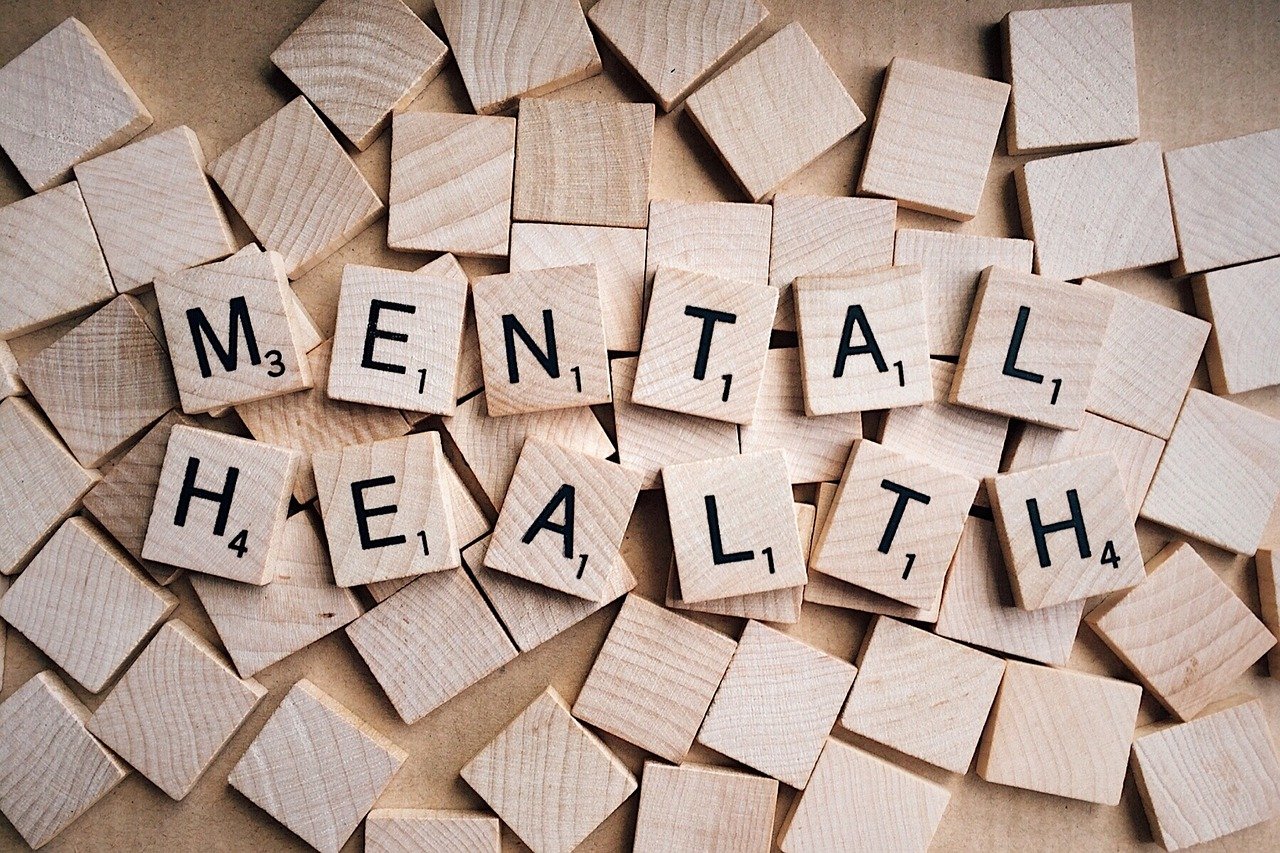If you’re one of the millions of Americans who deal with stress and anxiety on a regular basis, learning how to unlock better mental health could be the key to your happiness. Thankfully, it’s not as difficult as it may seem.
4 Ways to Give Your Mental Health a Boost
Mental health is a term that gets thrown around a lot. And as with most terms that get plastered all over social media and news headlines, it can lose its meaning over time. So before we dig into some of the specifics behind how you can improve your mental health, let’s make sure we’re on the same page.
According to MedlinePlus, “Mental health includes our emotional, psychological, and social well-being. It affects how we think, feel, and act as we cope with life. It also helps determine how we handle stress, relate to others, and make choices.”
While every person is born with a certain baseline mental health, the reality is that it evolves over time. It can be hurt or helped by situational factors, relationships, life circumstances, physical health, and even acute injuries (like a concussion or traumatic brain injury).
Having good mental health can lead to a number of powerful benefits, including the ability to cope with stress, have good relationships, be productive at work, and realize your full potential as a contributing member of society.
If you feel like you’re lacking in this area, here are a few ways you can improve your mental health and reap the rewards of emotional wellness.
1. Meditation
If you’ve never tried meditation, you might assume that it’s some “new age” practice that people do to seem enlightened. But here’s the deal: Meditation has been practiced for thousands of years – not because it’s “cool,” but because it works.
The benefits of meditation are far-reaching. It can help you gain a new perspective on stressful situations, increase self-awareness, focus on the present, reduce negative emotions, build stress management skills, and grow your patience.
For best results, try practicing meditation for 15 minutes each morning. You may also perform meditation at night prior to bedtime (particularly if you have trouble sleeping).
2. Gratitude
To practice gratitude is to be mindful and thankful for the good things in your life. You can practice gratitude in any number of ways, but journaling is typically the best option.
To begin a gratitude journal, simply grab a notebook and take 10 minutes each day to write down a list of things you’re thankful for. It could be something as small and seemingly insignificant as the smell of hot coffee on a cold morning.
Or it could be as significant as your health or faith. There’s nothing too small or too big to be thankful for. Write it down and let your brain marinate in the good parts of your life.
3. Vagus Nerve Stimulation
Did you know there’s a single nerve in your body that traces from your brain all the way down to your colon? And did you know that it has an impact on both your physical and mental health? It’s called the vagus nerve, and properly controlling the vagus nerve can help you live a healthier and more balanced life.
“The vagus nerve works as the body’s information superhighway,” Neuvana explains. “It sends signals from the brain to all other organs in the body and is in constant communication with the heart, lungs, and gut. This nerve is responsible for regulating the body’s stress response.”
One of the more interesting things about the vagus nerve is that it can be stimulated on-demand. This was once only possible in medical procedures, but companies like Nuevana now have vagus nerve stimulation (VNS) devices that can be used safely at home with nothing more than a pair of headphones.
4. More Sleep
The percentage of Americans who report feeling irritable, overwhelmed, and impatient dramatically increases as sleep decreases. Sleep plays a key role in balancing out the brain, lowering the heart rate, and reducing tension in the body. Without adequate sleep – which is between seven and eight hours per night for most adult Americans – emotional health will suffer.
For best results, set a regular bedtime and waking time. Keep your room cool, dark, and quiet. And if you have trouble waking in the morning, try a sunrise alarm.
Adding it All Up
Mental health isn’t something you can fake or artificially prop up. In order to put yourself into a healthy and balanced emotional state, you have to go through the effort of setting yourself up for success.
By integrating things like meditation, gratitude, VNS, and better sleep habits, you’ll give yourself every chance to be successful in this life!

